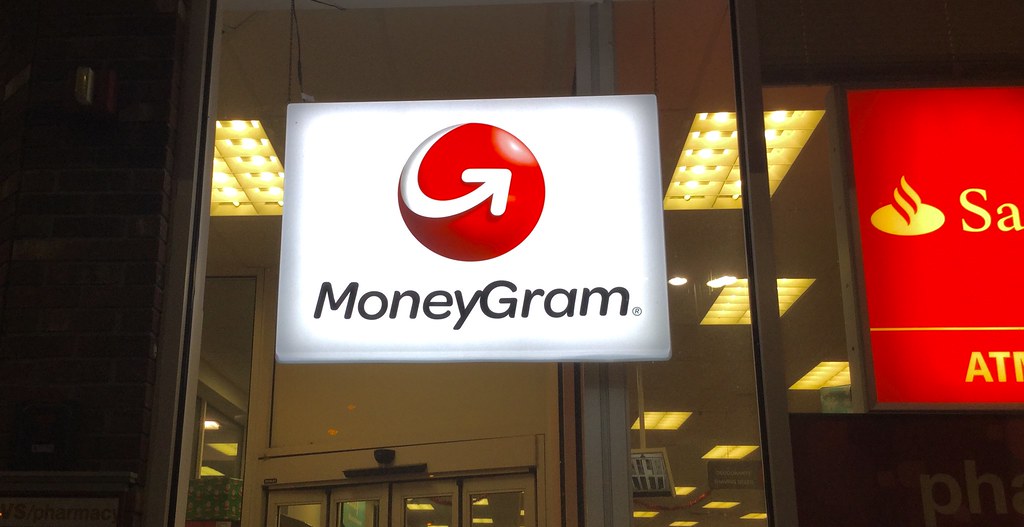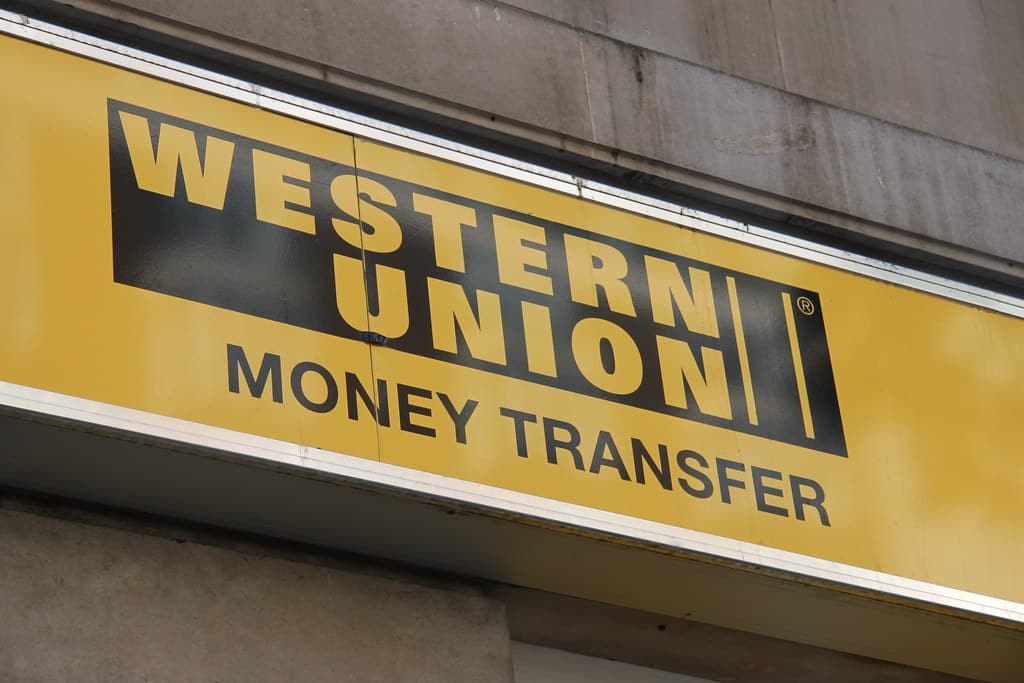How to get money out of Kenya as an expat – that will be the topic of today’s article.
Implementing cross-border wealth transfer techniques is crucial for expats aiming to move money out of Kenya.
Nothing written here should be considered as financial advice, nor a solicitation to invest.
For any questions, or if you are looking to invest as an expat, you can contact me using this form, or via advice@adamfayed.com
It is usually better to “kill two birds with one stone” and invest as an expat, rather than send money home to buy shares or a house.
Introduction
Kenya is a stunning country in East Africa with no less than 42 different tribes. The country borders Uganda, Tanzania, Ethiopia, Somalia, South Sudan, and the Indian Ocean. For people who enjoy wildlife watching and scenic countryside or beach views, Kenya is definitely the right place.
Expats moving to Kenya will undoubtedly enjoy many benefits, including friendly people, great climate, and affordable places to stay. However, like any other African country, Kenya has its drawbacks.
One of the great advantages of Kenya is the amazing landscape with its breathtaking flora and fauna, which is also ideal for families. The quality of health care in Kenya is not always up to Western standards, but private hospitals in major cities provide good service.

Certain vaccinations are required before moving to Kenya. Many expatriate parents choose an international school for their children due to problems in the Kenyan education system.
An expat living in Kenya is not just one long safari. However, while you’ll soon discover modern life beyond the cliché, your time in Kenya as an expat provides some opportunities to play tourist. In doing so, you will support the local hospitality industry, a sector that is undeniably important to Kenya’s growing economy.
Moving to Kenya
At first, the thought of moving to Kenya may conjure up images of magical landscapes and rare wildlife in the uninformed expat. However, those who come to settle in the country will find themselves in one of the most developed and cosmopolitan African countries. Without a doubt, Kenya offers fantastic natural landscapes with savanna grasslands, lakes, and mountains, while its wealth of national parks and reserves boast great biodiversity.
Expats don’t have to travel far to experience it, as the capital city of Nairobi is home to the popular Nairobi National Park and Mombasa offers refreshing coastal views. However, this East African country has much more to offer. Nairobi is considered the center of business and development in East Africa and offers an exciting lifestyle.
Many expats working in Kenya find themselves as highly paid managers in multinational companies, employees of embassies, or as development workers and NGOs and volunteers. Kenya is generally a politically stable country with advanced healthcare facilities, an improving public transportation network, and a strong education system that caters to a diverse population.
However, expats’ lives can be isolated from Kenyan society, as fear of crime, especially in the big cities, sometimes locks foreigners behind residential gates and locked car doors. Those who emerge from behind this veil of fear can truly enjoy the various cultures of Kenya, which are renowned for their hospitality and fun.
However, those moving to Kenya may not find the expat experience as comfortable as in more developed countries, and longing for the everyday conveniences and familiar efficiency of home is a common topic of discussion among expatriates.
On the other hand, many believe that the luxuries that Kenya has to offer, such as large houses and high salaries for expats, provide a higher quality of life than they have at home. All in all, whether living in Kenya turns out to be an undesirable job or a great opportunity, all expats will certainly have a truly unique and memorable experience.
It’s a good idea to find out what you will face when you move to Kenya. To help you decide if this is the place for you or not, here are some of the pros and cons of living in Kenya.
Pros of living in Kenya

Here are the benefits of living in Kenya:
1. Generally integrated foreign and local community. With the emergence of a huge working class, emigrant and local networks are no longer as isolated as they used to be. Kenyans and foreigners communicate freely in educational institutions, shopping centers, bars, restaurants, and other places of recreation.
2. Easily accessible places to stay. Kenya is home to world-famous game parks full of mind-blowing wildlife and scenery. Play parks can be found near Nairobi (the capital of Kenya) and other neighboring cities. In addition, the white sandy shores of the warm Indian Ocean lined with palm trees are perfect for relaxation.
3. Wonderful climate. The regions, especially around Nairobi, have a mild climate all year round and do not face any extreme conditions. These regions have brighter days and cooler evenings. However, if you want to enjoy a warm climate, just head to Mombasa, a coastal city in Kenya. This is an amazing place with warm weather all year round.

4. Good social life for expats. Kenya offers many cafes, bars, and restaurants and a vibrant social life, especially in the capital. Numerous expats end up settling here because they adore it. You are sure to find some of the most upscale entertainment venues in Africa, especially in Nairobi, Nakuru, and Mombasa.
5. The locals are kind and pleasant, they speak English widely. Kenyans are kind and tolerant of guests. English is the most widely used language here; however, most of the locals are trilingual, communicating in Swahili, English, and an additional tribal language. Tribal languages include Kikuyu, Luo, Luhya, Kalenjin, Kisii, and Kamba.
6. General expenses are reasonable. Kenyan foods and meats are exquisite, plentiful, and inexpensive. Moreover, agriculture, Kenya’s backbone in terms of income, earn a lot from horticulture.
7. Domestic workers are easy to find. In Kenya, the use of domestic workers for housework and childcare is the norm. The staff can be a great asset for any expat family as they are resourceful and affordable.
8. Financial discipline. Because life in Kenya is not always easy, living here is about learning how to save money and spend it wisely. The person develops money control and a certain vision and wisdom.
Cons of living in Kenya

Here are the cons of living in Kenya:
1. Corruption. As in many other countries of the African continent, corruption flourishes everywhere in Kenya. Numerous authorities demand bribes to move on. This vice negatively affected the economy of the country. Fortunately, since 2019, the government has been taking steps to arrest all prominent figures associated with corrupt activities. Some of those arrested on corruption charges voluntarily turned in the stolen money. And a huge part of these funds went to finance the war against COVID-19 in the country.
2. Individual security is a concern: Security is an issue, especially in the capital, where car theft and burglary are common. But just because a foreigner moves to Kenya doesn’t really mean they’ll be targeted by criminals. Most of the thieves’ victims are middle-class or unfortunate Kenyans.
3. Dangerous driving conditions. Poorly constructed roads, unusable trucks, and speeding matatus (public buses) make the roads in Kenya dangerous. Traffic accidents are not uncommon. Foreigners moving into the country are better off hiring local drivers who are better at maneuvering around hazards than driving themselves. However, not all roads are bad. In cooperation with the Chinese, the Kenyan government is taking steps to improve roads in the Nairobi metropolitan area.
4. Some utilities are expensive: Foreigners living in gated communities or self-contained homes are expected to pay for private security, which can be relatively expensive. In addition, electricity bills are also expensive. But opting for prepaid electricity tokens is the best choice as you can plan your expenses wisely.
5. Problems of adaptation for emigrants. A number of expats who are not flexible enough to meet new people face culture shock. Poverty is everywhere, and foreigners can be approached by intrusive salespeople. Instead of being scared, it’s better to learn to smile and say “no thanks” to them.
6. Lack of water: it depends on where the person lives. When looking for housing, you have to ask about water supply. It is better to find a site with a well or a well. The arid regions of the northeastern part of the country, including Turkana and Marsabit, usually experience drought.
How to get your money out of Kenya?
Individual bank cardholders can transfer money through an ATM or an Internet banking portal. The recipient does not need a bank card; he simply uses the code that the sender tells him, enters it in the appropriate field in the ATM, and can withdraw money.
After all the banking-related ways, below you can find some of the best working international money transfer companies that are convenient to get your funds out of Kenya and will help you transfer money in a few minutes without additional information such as a SWIFT code, details, etc.
MoneyGram

MoneyGram is the second-largest money transfer provider in the world and has an expected network of 350,000 points of sale and kiosks in over 200 countries. It also has a full range of funding and pickup options, including cash delivery and phone reloads in multiple markets. And transfers are fast: cash is usually available within minutes, while bank transfers take hours to many popular destinations.
But all of these features come at a price. MoneyGram used to be one of the most expensive transfer providers. MoneyGram also has a minimum transfer amount of £1. The maximum transfer amount is £5,000, so the service is best suited for relatively small amounts. In addition to the transaction limit, there is also a cumulative limit of £5,000 per month. For any amounts in excess of this, you will need to contact one of MoneyGram’s retail agents and arrange for a personal transfer.
Now let’s see what transfer options MoneyGram offers its customers in Kenya:
- Send money in person
- Send to bank account
- Send to mobile wallet
If you want to get your money out of Kenya via MoneyGram, you must first of all find a point near you, prepare for your visit, and here you need to have the following information and documents with you:
- Your ID, if applicable
- The recipient’s full name that matches their ID. and their location
- The amount you want to send plus the fee
The next two steps involve completing the transaction and notifying the recipient that you have sent the money. If applicable, complete the submission form. Provide the agent with the completed form with the appropriate funds (including the transaction fee). Save the receipt and provide the recipient with an 8-digit reference number to receive.
If you prefer to transfer money to a bank account, you need to provide the following information:
- Your ID
- Full name of the recipient, corresponding to its identifier, bank name and account number.
- Your recipient’s location
- The amount you want to send plus the fee
Share the 8-digit reference number with your recipient and the funds will be credited directly to their account.
If you chose the third option, i.e. transferring money to an online wallet, you must provide your ID, the recipient’s full name corresponding to their ID, and their mobile phone number with international dialing code, as well as the amount you want to send, plus fees. Otherwise the same, the funds will be credited directly to the recipient’s mobile wallet.
Western Union

Western Union is the world’s largest money transfer provider with over 500,000 locations in over 200 countries and territories. Unlike many providers, Western Union offers both domestic and international transfers; the ability to quickly send and receive cash abroad is his specialty.
But Western Union has a complex pricing structure, and the FAQ lacks guidance for some key customer situations, such as canceling a transfer before delivery. In addition, the company has failed to protect consumers in the past.
Transfers via the international Western Union system are provided with a money transfer control number, which allows you to quickly find the transfer and check its status. Money can be received in a few minutes after sending in more than 200 countries around the world.
There are 2 options for transferring funds:
- Personal visit to a Western Union branch or partner bank
- Online transfer – with this method you do not need to visit bank branches, instead you can do it through a computer or mobile phone with Internet access
You do not need to have a bank account to transfer money using Western Union. The maximum transfer amount in bank branches is 7400 US dollars or the equivalent amount in the required currency. The only drawback of the system may be that the dollar will be greatly overvalued, which will affect the transfer of money abroad.
After you have transferred the funds, the bank issues a receipt with a 10-digit control number. It, as well as the amount, country, and city of the transfer, must be named by the recipient.
The transfer fee is paid only by the sender. In exceptional cases, a commission may be charged from the recipient, for example, when transferring to a legal entity.
Wise

This is an Estonian company that allows you to make transfers to other countries, paying only the difference in rates and a low commission. This is a great alternative to bank transfers, as the money goes to the recipient’s bank card, but you don’t lose money on interest.
To transfer you need:
- Register on the company’s website (only for the sender). You get a real IBAN account, which you can also use to receive money from other countries
- Select the amount you want to send
- Add recipient bank details
- Verify identity (ID photo)
- Pay for the transfer
- You can track your transfer
Money transfer startup Wise offers cheap ways to send money from the US to over 70 countries. The exchange rates are among the best you will find. You can fund the transfer in various ways, such as using a bank account or card, but the recipient must have a bank account. The highly-rated mobile apps and websites provide useful cost calculators and other information to make transfers convenient.
The company offers low commissions. The fixed cost for many countries is a combination of a fixed amount of around $1 and a percentage of just under 1% of the transfer amount.
Credit card fees are higher. Using an ACH transfer from your bank account or debit card is usually cheaper. If you pay by wire transfer with Wise, your bank will likely charge you a fee.
But this international money transfer is not always the best option for large transfers. Some providers charge no fees and offer competitive markups, which can make some transfers cheaper than Wise.
WorldRemit

WorldRemit is an online money transfer service that allows people from all over the world to send money to their friends and family abroad. The company was founded in 2010 by Somali migrant Ismail Ahmed while studying at a university in London, who found an opportunity to make money transfers cheaper and easier to send money.
Payment methods also vary greatly but include (depending on the country) bank transfers, debit and credit cards, SOFORT, Apple and Android Pay, Poli, Interac, ACH, and Trustly. In the United States, WorldRemit offers money transfer services from all 50 states and, according to TechCrunch, “they are currently looking to expand further in Asia.”
WorldRemit is a low-cost alternative to traditional money transfer services, and the fact that you can transfer money anytime, anywhere using the WorldRemit website or mobile app makes it a very convenient service. There is no need to go to an agent, stand in line, and wait. Everything happens online, which means that WorldRemit’s fees are more affordable than many of its competitors, and its customers save on costs.
How WorldRemit works:
- Open an account. Go to the WorldRemit website and open an account for free
- Enter the recipient’s details. Tell WorldRemit where and to whom you need to send money
- Customize your transfer through WorldRemit. Enter the transfer amount and transfer payment method
- Pay for the transfer. Transfer funds from your local bank account or pay with a debit or credit card.
- Let WorldRemit do the rest. WorldRemit will convert your money into the recipient’s currency and send it to them via the selected payout option.
Here is another option for secure money transfer. If you are in Kenya and want to urgently get your money abroad, you have a very wide range of options available. Now let’s see what each sender should consider when transferring money.
General tips for international money transfers

1. Compare the cost of translation from several providers
There are two types of costs: upfront payment and exchange rate markup. Find a provider that offers the cheapest combination of low fees and the best exchange rate you can get. Usually, non-banking online providers offer cheaper transfers than banks.
2. Know-how exchange rates work (and how to find the best one)
An exchange rate is the price of one currency in relation to another currency. For example, if you want to convert US dollars to euros, you should check how much one US dollar is worth in euros. Most transfer providers won’t give you the exchange rate you’ll find on a currency exchange platform like Bloomberg.com (or when you exchange rates on Google), but a currency platform can be a useful starting point to see what the best rate looks like. like this minute. When checking the exchange rate for an international transfer using services such as Western Union, be guided by the amount in foreign currency. The higher it is, the more money your recipient will receive.
3. Avoid paying by credit card
This is an option for some providers, but there may be a higher down payment and your credit card issuer may be responsible for charges such as interest and cash advances. If you need fast money delivery, use a debit card. A transfer paid directly from a bank account is usually much slower.
Pained by financial indecision? Want to invest with Adam?

Adam is an internationally recognised author on financial matters, with over 376.8 million answers views on Quora.com and a widely sold book on Amazon



